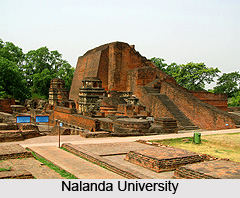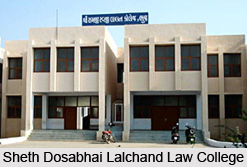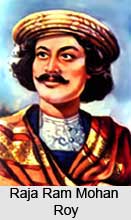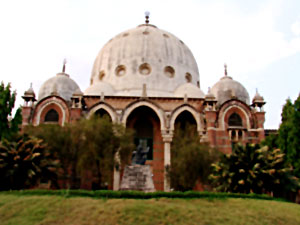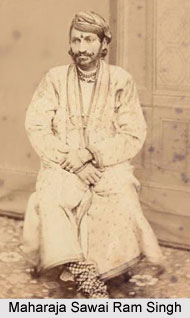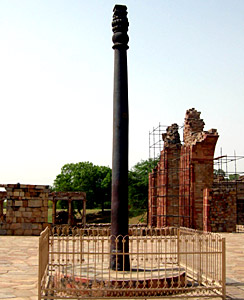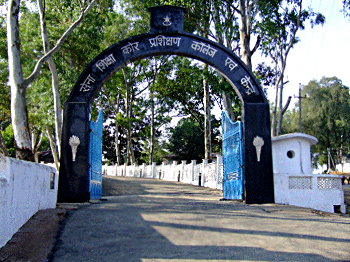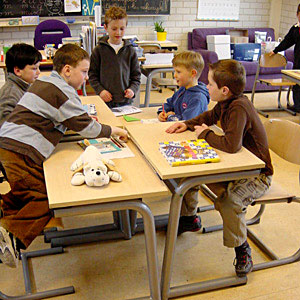 Education in India had to undergo certain changes since ancient times to the present day. Most of the developments took place after the British came to India. The stages from preschool to higher education hence take in the definite principles laid down by the British. The concept of Primary Education or elementary education was universalised since then. According to this structure of education in India, education is made accessible to all children of the country and ensures that they continue education and achieve a goal in life.
Education in India had to undergo certain changes since ancient times to the present day. Most of the developments took place after the British came to India. The stages from preschool to higher education hence take in the definite principles laid down by the British. The concept of Primary Education or elementary education was universalised since then. According to this structure of education in India, education is made accessible to all children of the country and ensures that they continue education and achieve a goal in life.
The major goals of Primary Education are to provide basic literacy to all. Primary education is thus the first stage of compulsory education. National Elementary Education Mission in India looks after the facilities of the primary mode of education. The structure of primary schools is further preceded by pre-school or nursery education and is followed by secondary education. The subjects taught at the primary schools include science, geography, history and other social sciences. The 86th Constitutional Amendment Act was passed by the parliament that makes Right to Elementary Education a fundamental right and a fundamental duty.
Primary education is provided in schools of the country and enables the children to get prepared for the future higher schools. This structure requires involvement of few Children in classes with one teacher who is primarily responsible for their education. Thus one of the striking features of the primary education system is the opportunity of building up a close relationship with the class. Primary education is spread all over the country and every rural as well as urban area has facilities of this education programme. According to historical facts, the number of students who had enrolled for primary education in the year 1950-51 are have increased in the recent times.
The enrollment in primary schools starts from the age group of six and continues till fourteen. In addition to that the programme Sarva Shiksha Abhiyan launched by the Government has added more meaning to the primary education system in India. Hence, the structure of Primary education is set to provide minimum levels of learning. Several district Primary Education Programme or the DPEP programme are initiated. Moreover, to popularise the primary education system in rural areas a National Programme of Nutritional Support or the Mid-day Meals Scheme brought about an immense response.
